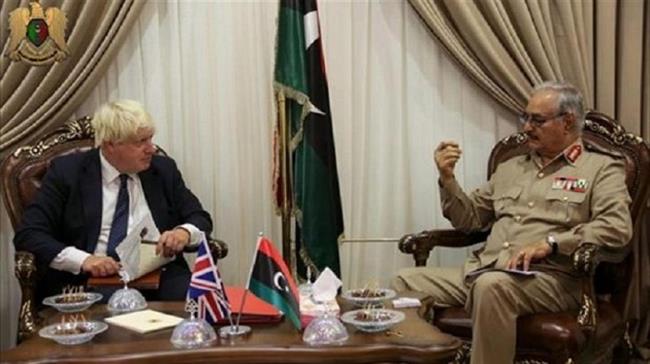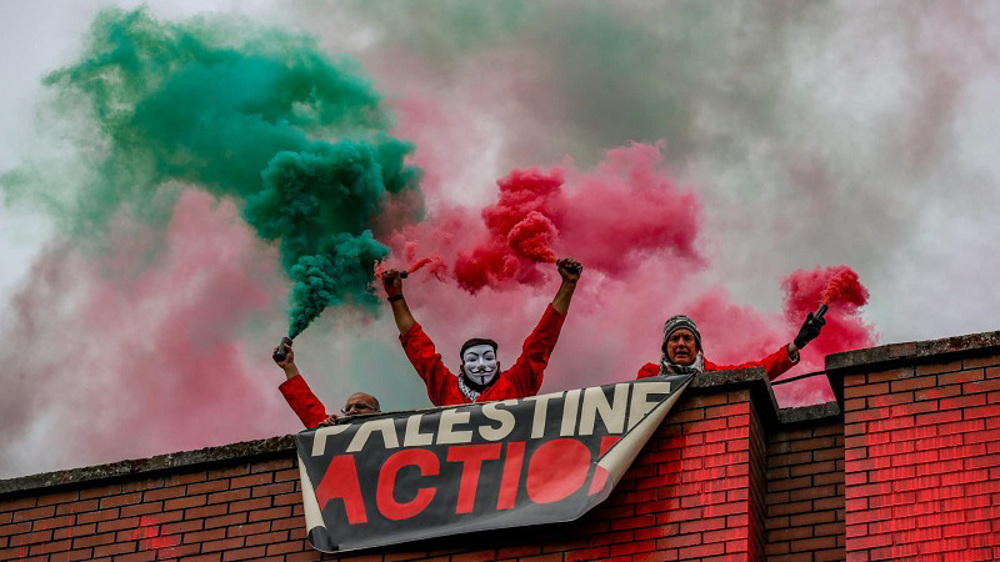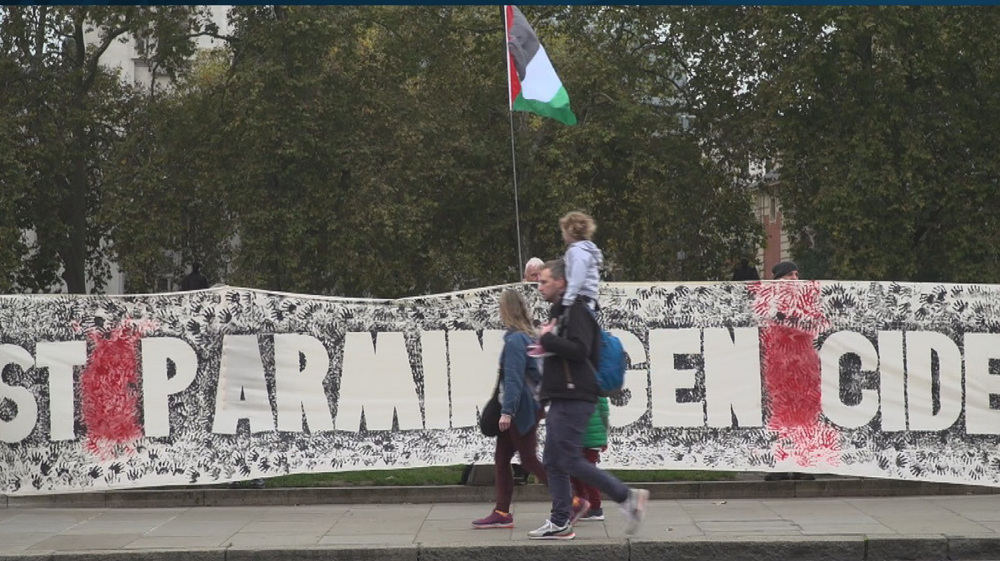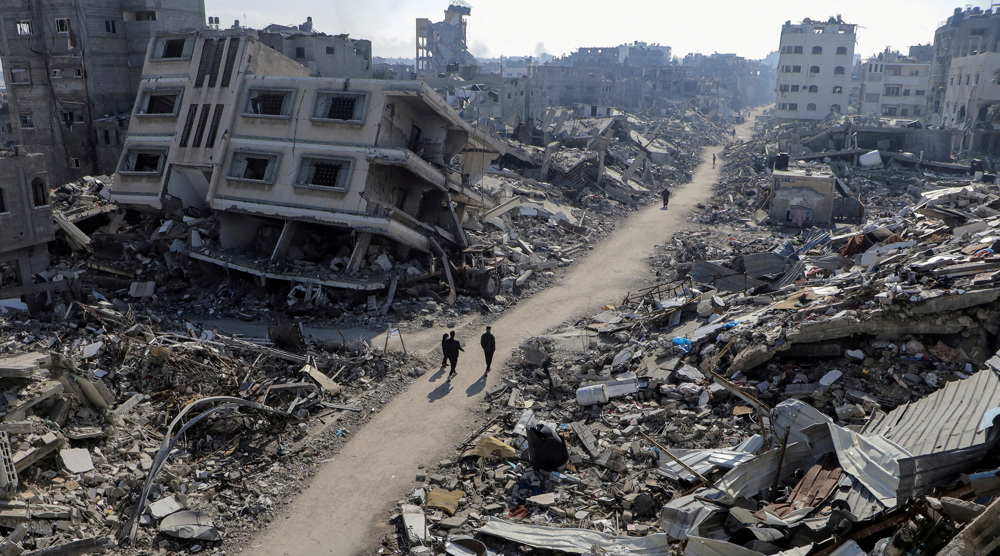Johnson appears keen to exploit Libyan conflict
Prime Minister, Boris Johnson, has said that British troops could help “police” a future ceasefire in Libya, as world powers scramble to contain the conflict in the war-torn North African country.
Johnson was speaking ahead of an international summit in the German capital, Berlin, tasked with ending the conflict in Libya.
In addition to European Union powers, the conference also brings together Russia’s President Vladimir Putin and Turkey’s president Tayyip Erdogan, who have both deployed troops to support opposing sides in the conflict.
Johnson also appears to be keen to deploy troops to Libya under the guise of peacekeeping.
“If there is a ceasefire, yes of course, there's a case for us doing what we do very well which is sending experts to monitor the ceasefire”, the PM said.
However, Johnson’s assertion that any peace process must be “UN-led”, appears to betray a less than detailed knowledge of the Libya conflict.
In its simplest form, the multi-faceted conflict in Libya can be reduced to a power struggle between a Tripoli-based so-called Government of National Accord (which is backed by the UN) and the so-called Tobruk government based in the east of the country.
Various regional and international states are involved in the conflict by backing opposing sides. Turkey, for example, backs the Tripoli-based government, whereas the Tobruk government led by warlord Khalifa Haftar (who is a dual US-Libyan citizen) is primarily backed by Russia, Egypt and the United Arab Emirates.
It is not clear what role (if any) British troops can play in this crowded battle space.
The UK is partly responsible for creating the chaotic situation in Libya as it was one of the main countries that participated in the 2011 military campaign to oust former Libyan leader Muammar Gaddafi.
VIDEO | 70 Palestinians killed in Israeli strikes across Gaza Strip
US Election Day: First votes cast in New Hampshire
Nov. 4: ‘Axis of Resistance’ operations against Israeli occupation
Britons demand release of pro-Palestine activists
VIDEO | Israel's unwinnable war in Lebanon
Non-aligned nations condemn Israeli violation of Iran's sovereignty
IRGC: 10 foreign-backed terrorists killed, arrested in Sistan and Baluchestan
Iran calls on EU to end targeting ordinary Iranians after missile transfer claims refuted










 This makes it easy to access the Press TV website
This makes it easy to access the Press TV website